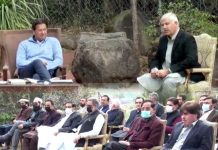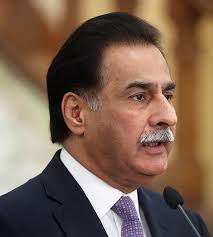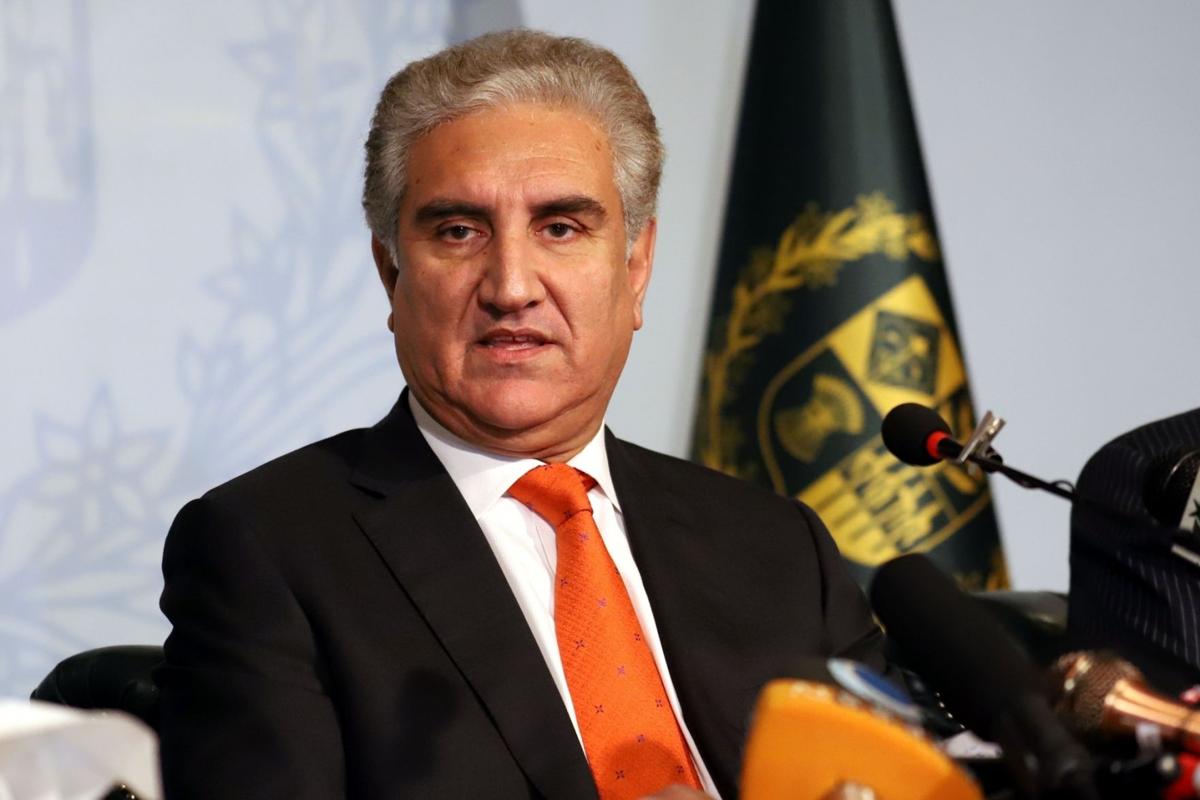مضمون کا ماخذ : پاکستان کی مشہور لاٹری
FO admits Pakistan may be grey-listed in June
ISLAMABAD: Foreign Office Spokesman Dr Mohammad Faisal on Wednesday confirmed that the country would be placed on the ‘grey list’ of the Financial Action Task Force (FATF) in June this year. Member states of the FATF were persuaded by Washington to place Pakistan back on the ‘grey list’ of nations with inadequate terrorist financing or […]
ISLAMABAD: Foreign Office Spokesman Dr Mohammad Faisal on Wednesday confirmed that the country would be placed on the ‘grey list’ of the Financial Action Task Force (FATF) in June this year.
Member states of the FATF were persuaded by Washington to place Pakistan back on the ‘grey list’ of nations with inadequate terrorist financing or money laundering controls. Pakistan was on the list for three years, until 2015.
“Pakistan will be assigned to the ‘grey list’ in June, once an action plan has been mutually negotiated. The statement that Pakistan will be transferred from the ‘grey’ to the ‘black’ list in June this year is, however, not true. The FATF website clearly demarcates the countries in the ‘black’ list as those who are non-cooperative,” Dr Faisal told reporters during a weekly news briefing.
The spokesperson said that the FATF had highlighted certain deficiencies in the anti-money laundering and counterfeiting of terrorism financing framework for Pakistan. “The Government of Pakistan over the last few years has taken a number of measures to address these issues, including through enactment of legislation, issue of regulations and guidelines by the SBP and the SECP to the financial sector, establishment of the Financial Monitoring Unit and implementation of UNSC 1267 sanctions on the entities of concern,” said Dr Faisal, adding that Pakistan would take further action to address any remaining deficiencies.
To a question, the Foreign Office spokesman said Pakistan and the United States (US) desired to move forward and find common ground for continued cooperation. He said the latest visit of senior director at the US National Security Council Lisa Curtis was an indication of this desire.
He said during the visit, both sides expressed the desire to work together to pursue the common objective of stabilising Afghanistan. He said Pakistan had always maintained that the only solution of Afghan conflict lies in a politically negotiated settlement which should be Afghan-led and Afghan-owned. He pointed out that military approach of 17 years had failed to render desired results and has instead increased miseries of the Afghan civilians.
The spokesperson told reporters that in 2018, Indian forces had carried out over 400 ceasefire violations along the Line of Control (LoC) and the Working Boundary, resulting in 18 civilians being martyred while 68 inflicted with injuries.
He condemned the inhumane and brutal treatment by Indian occupational forces of the innocent Kashmiris, urging the international community to play its role in holding India accountable.
Dr. Faisal said India’s belligerent posture along the LoC and Working Boundary will have implications for the entire region and Pakistan would continue to give a measured and befitting response to these violations. “It is regrettable that India resorts to such untoward acts that are detrimental to the peace and stability of the region.”
To a question about belligerent statements by the Indian army chief, the spokesman said these reflect the unfortunate jingoistic mindset in India. He said as a responsible member of the international community, Pakistan exercised restraint but its armed forces were fully capable of responding to any threat.
About development of drone technology by India, he said its use should be consistent with the principles of UN charter, international human rights laws and established norms of a responsible state. He, however, said development of drone technology by India was worrying in the context of its expanding military capabilities in conventional and non-conventional domains.
On Indian Motion Pictures Producers Association decision to uphold the ban on Pakistani artists and how this was evident of pervading extremism and anti-Pakistan prejudice in India, Dr Faisal stressed that art and cinema were being held hostage to hate. “Unfortunately this decision, following several others, including non-issue of visas to Pakistani zaireen, refusal to allow participation of Sikhs and Katas Raj pilgrims and cancellation of sports matches underscores the growing intolerance and bias prevalent in India,” he added.
Published in Daily Times, March 1st 2018.








